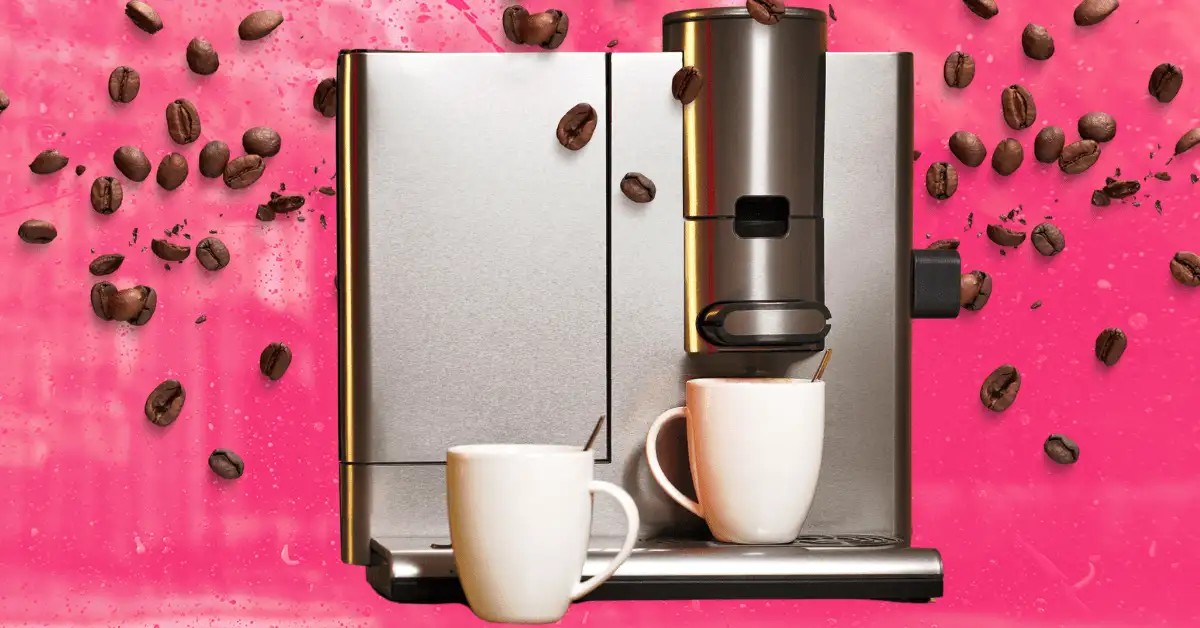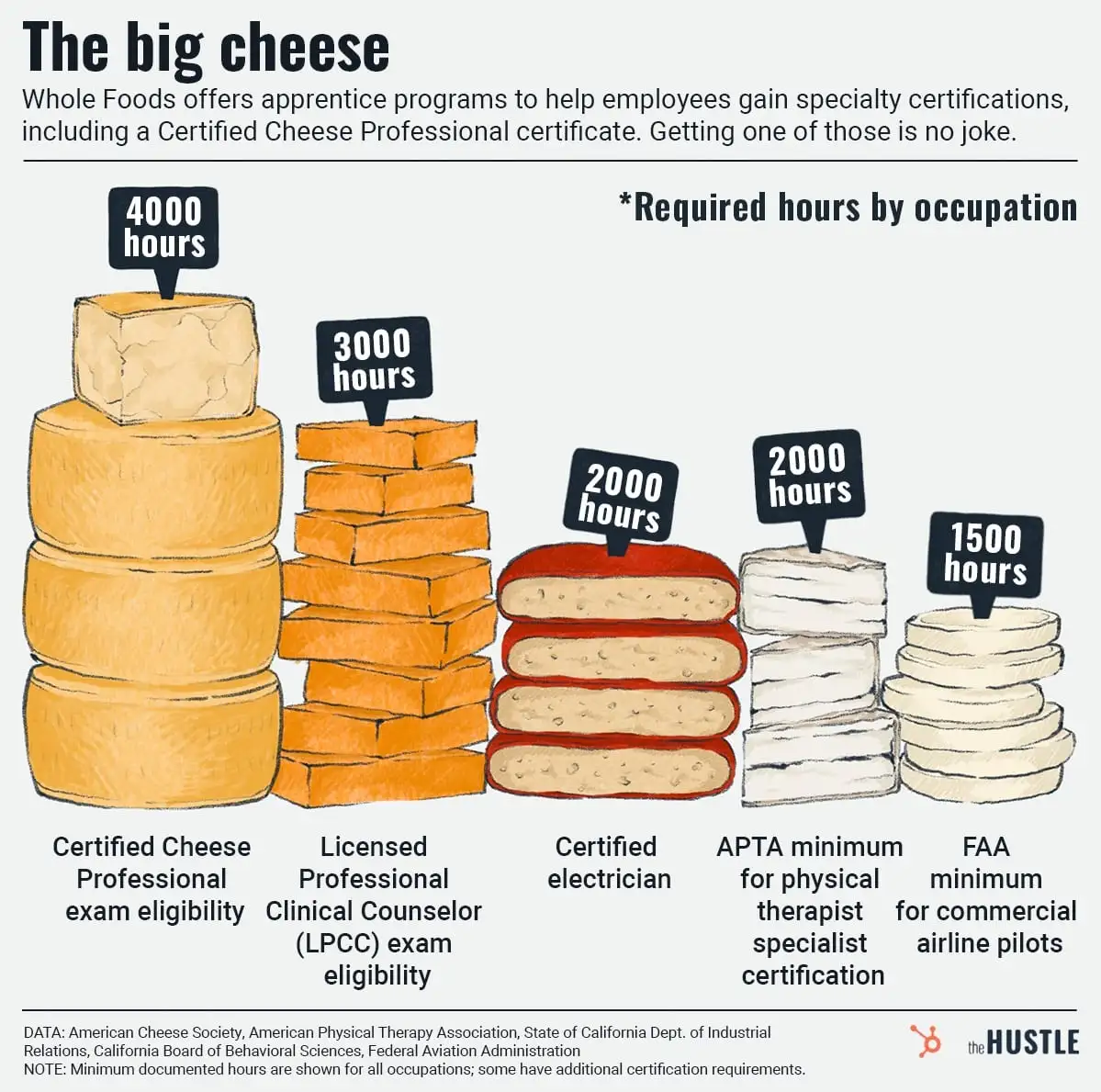There’s no other way to put it: Instacart’s numbers in 2020 are insane.

The grocery delivery startup’s orders are up 5x this year while its workforce — primarily gig workers — hit 500k, up ~2x from 2019.
On the back of this growth, it has raised $500m+ in 2020 and seen its private market valuation more than double to $17.7B.
Instacart is used by retailers from 7-Eleven to Walmart
In fact, 500+ companies utilize the startup’s on-demand shoppers.
According to the Wall Street Journal, some are souring on the deal.
Among the reasons:
- Fees: Instacart charges a 10%+ commission on each order, which is hefty in the low-margin grocery biz (some retailers pass the cost on).
- Marketing revenue: As Instacart controls more of the grocery customer relationship, it’s receiving more ad and promotion spend from food makers.
Many retailers encourage customers to go directly to their website (and do curbside pickup) or look at other delivery apps like DoorDash or Uber.
The Instacart pitch is its turnkey nature
Nilam Ganenthiran, the company’s president, tells the WSJ that Instacart is a quick way for grocers to get online without spending time and money on infrastructure.
Further, Instacart is a neutral partner that doesn’t “compete with retailers” — and it’s adding tech to give shoppers more control (e.g., item replacement suggestions).
Amazon’s acquisition of Whole Foods was a shock for the startup
But instead of getting crushed by Jeff “Big Baller Brand” Bezos following the 2017 deal, Instacart became a defensive play against Amazon.
Several retailers — including Sam’s Club, Costco, CVS, Albertsons, and Kroger — signed delivery deals with Instacart.
Just this August, Instacart and Walmart teamed up on one-day delivery to take on the Seattle-based Death Star.
In addition to retailer dissatisfaction, Instacart will likely face further issues around how it manages its contractors. Still, the startup’s momentum is undeniable — and it’s eyeing another insane number: a $30B IPO.










